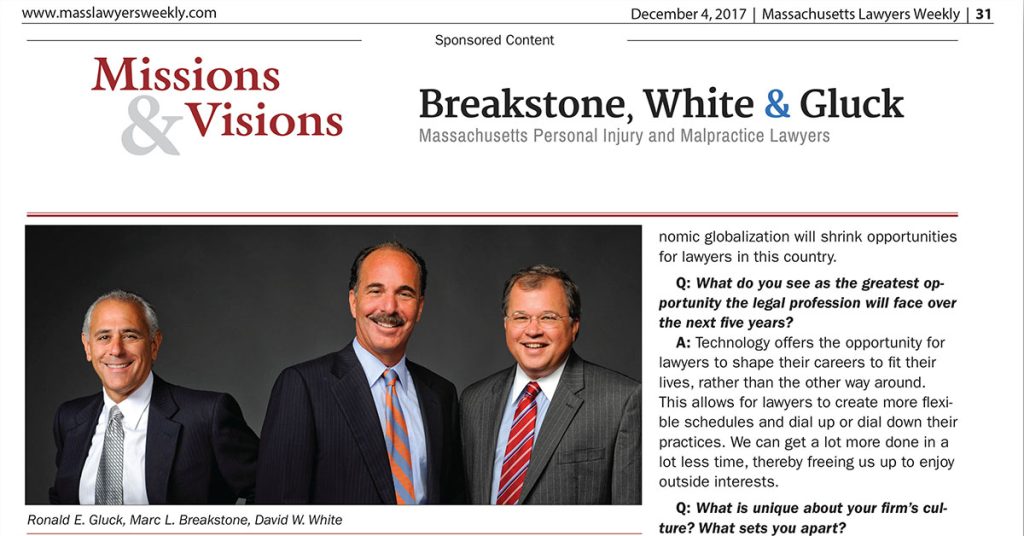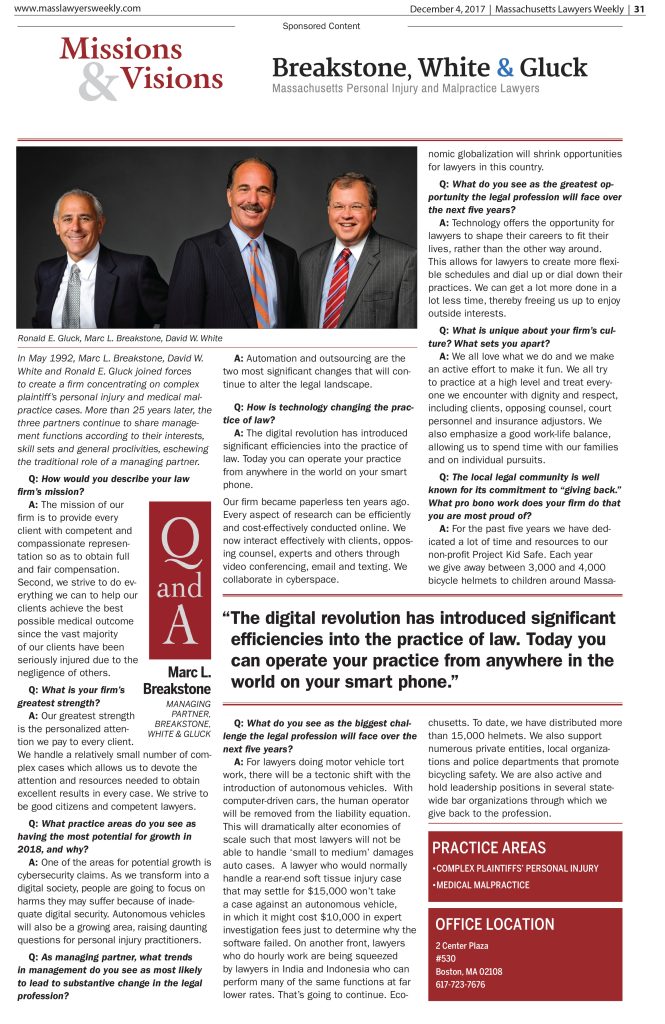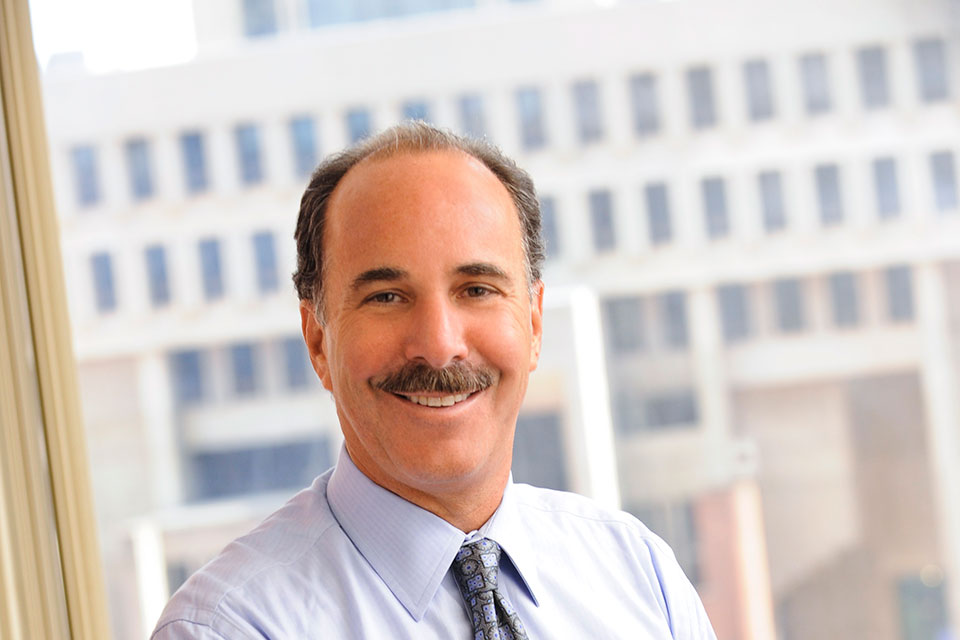Posts Tagged ‘“Massachusetts Lawyers Weekly”’
Breakstone, White & Gluck Featured in Massachusetts Lawyers Weekly
Attorney Marc L. Breakstone Questions Voir Dire Rule Change in Massachusetts Lawyers Weekly
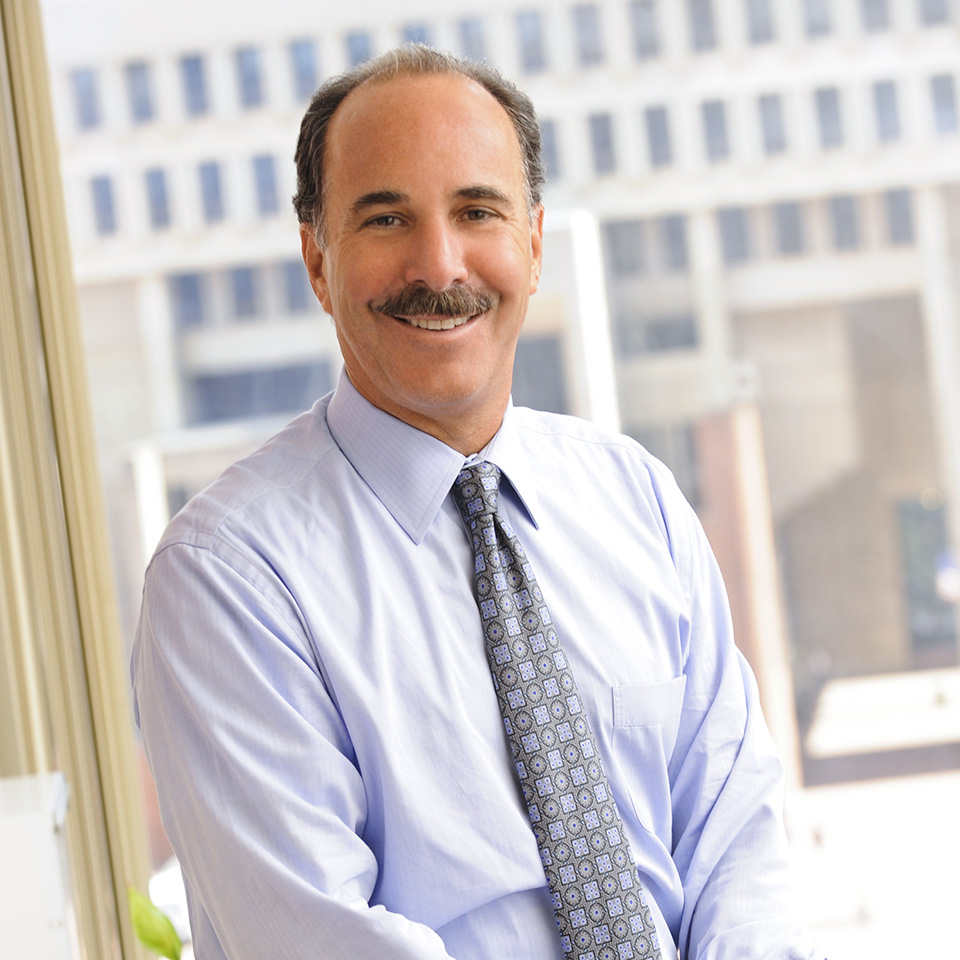
Attorney Marc L. Breakstone was recently interviewed by Massachusetts Lawyers Weekly on the voir dire process.
Requiring attorneys to get pre-approval to question potential jurors is the “wrong approach,” Attorney Marc L. Breakstone said in a recent Massachusetts Lawyers Weekly article.
Breakstone was commenting on a change to the rules for voir dire in Massachusetts. Judges were long responsible for questioning prospective jurors to determine if they could sit fair and impartial in Massachusetts courts. But in 2014, the Legislature approved the introduction of attorney-conducted voir dire. For the first time, attorneys were allowed to directly question prospective jurors.
Last month, the Supreme Judicial Court approved a revised Superior Court Rule 6, which will impose new restrictions on the voir dire process. The new rule will be effective September 1.
Missing from the new rule are several recommendations submitted by the Massachusetts Bar Association and the Massachusetts Academy of Trial Attorneys (MATA). Breakstone, who sits on the MATA Board of Governors, has long advocated for attorney-conducted voir dire and helped draft the MATA recommendations.
For voir dire to be effective, state court studies have shown the lawyer must be able to maintain a conversational tone with prospective jurors, Breakstone said.
“You cannot have a ‘conversation’ with jurors if you are restricted to pre-approved, scripted questions that a judge will not permit counsel to expand on,” he said.
Breakstone said he is concerned that Rule 6 raises the standard for excusing a juror for cause.
“This new [rule] sets the bar too high,” Breakstone said. “The better approach is to err on the side of caution and, if a juror expresses disqualifying bias, whether it’s mild, moderate or severe, that should be sufficient to excuse them from the jury.”
Read more comments in Massachusetts Lawyers Weekly. Subscription access is required.
About Breakstone, White & Gluck
The Boston personal injury lawyers at Breakstone, White & Gluck have over 100 years combined experience representing those who have been injured by negligence and wrongdoing. If you have been injured, learn your rights. For a free legal consultation, contact us at 800-379-1244 or 617-723-7676 or use our contact form.
Attorney Reza Breakstone: As Long as Humans are Part of the Equation, Tort Law Will Apply to Self-Driving Car Claims
We are reprinting a Letter to the Editor which ran in today’s Massachusetts Lawyers Weekly. The letter was written by Attorney Reza Breakstone of Breakstone, White & Gluck in Boston and J. Paul Hoybjerg of Sacramento, California.
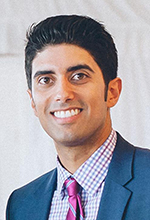 To the editor:
To the editor:
The Oct. 3 page 1 story “PI bar eyes ‘driverless’ technology carefully” raises important questions regarding the future of auto injury claims and the potential impact on tort lawyers.
One of the central questions is: Should all auto injury claims involving a self-driving car be treated as product liability claims? Our contention is no; tort law will be perfectly suited to address claims involving self-driving cars.
Although self-driving cars seem like an imminent reality, they are, in fact, still many years away from hitting the roads en masse. The technology will be phased in like other automatic features on cars. Responsibility for control of vehicles will diminish gradually.
Even after cars become more autonomous, humans will remain involved in many aspects of the operation of the vehicles. For example, there will be times when a person must take over the car or bring it to a stop. One must also keep the car in good condition, not permit operation in adverse weather conditions, and maintain the vehicle according to manufacturer recommendations (i.e., it may be negligent to make after-market changes such as lowering a vehicle or installing a new exhaust or programming chip to increase the speed).
Although product liability claims may be appropriate in certain instances, we are confident that the common law of negligence claims will evolve with the technology. A wholesale transformation of the practice is unnecessary. It is wise to look to trends to predict disruptions in the practice. But the self-driving car need not be that disruptive.
As long as humans are involved in the operation, maintenance, modification or repair of autonomous vehicles, tort jurisprudence will apply.
Reza Breakstone
Boston
J. Paul Hoybjerg
Sacramento, California
Read the Letter to the Editor here or it is available on Massachusetts Lawyers Weekly with subscription access.
Attorney Marc Breakstone Comments in Massachusetts Lawyers Weekly Article: “Too Much Information? Lawyers Split Over Online Juror Surveillance”
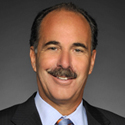 Massachusetts Lawyers Weekly writes this week about the divide among lawyers on monitoring social media use and Internet activities by jurors. It is a common practice, especially in Massachusetts, which does not allow attorney-conducted voir dire. There have been no ethical opinions on the subject issued in Massachusetts. Not all attorneys are comfortable with it, but some consider it fair.
Massachusetts Lawyers Weekly writes this week about the divide among lawyers on monitoring social media use and Internet activities by jurors. It is a common practice, especially in Massachusetts, which does not allow attorney-conducted voir dire. There have been no ethical opinions on the subject issued in Massachusetts. Not all attorneys are comfortable with it, but some consider it fair.
“I see no ethical issue. It’s in the public domain,” says Marc L. Breakstone, a Boston personal injury and medical malpractice lawyer with over 25 years of experience. “The public domain is the public domain. There’s certainly nothing wrong with checking the Internet. There would be a lot wrong with interacting with jurors or doing anything on the Internet to influence jurors with respect to the case.”
Breakstone later adds, “Trial lawyers are starving for information about jurors. The Internet is a potential treasure trove of information. Why wouldn’t a diligent trial lawyer inquire of that source? I would rather have voir dire, but without voir dire, this is all I can do.”
Read the full article online or view the PDF version.


